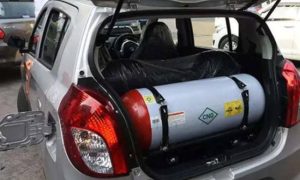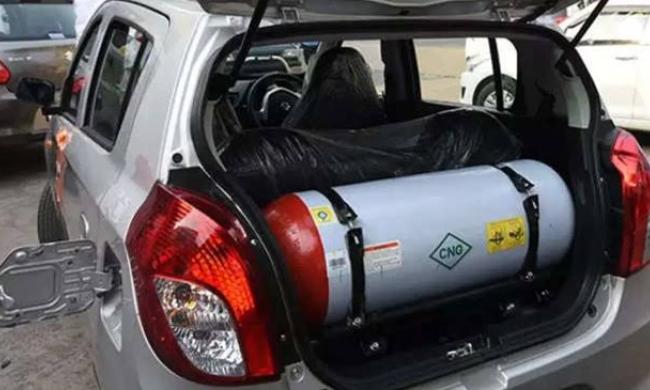Malaysia has announced a ban on Compressed Natural Gas (CNG) vehicles starting June 30, 2025, due to growing safety concerns regarding aging CNG tanks. The ban, announced by Transport Minister Anthony Loke, will prevent new CNG vehicle registrations from July 1, 2025, onward.
The move comes as many CNG tanks in use today are nearing or exceeding their 15-year safe usage period. CNG vehicle modifications were especially popular from 1995 to 2014, which means that many tanks are now considered unsafe, according to authorities. Minister Loke explained that sourcing spare parts, especially tanks, has become increasingly difficult and expensive in Malaysia, prompting some CNG owners to use outdated or unsuitable replacement parts, increasing the risk of accidents.
In Malaysia, only about 44,383 CNG vehicles are currently registered, representing just 0.2% of all vehicles in the country. Petronas NGV, Malaysia’s main CNG supplier, is also withdrawing its CNG services by July 2025 and has introduced a support program to help CNG vehicle owners. Under this program, CNG taxi drivers will receive a one-time RM3,000 e-voucher to convert their vehicles to petrol, while dual-fuel CNG owners can have their kits removed free of charge.
Meanwhile, Nigeria is moving in a different direction with CNG. Following the removal of the petrol subsidy in May 2023, the Nigerian government has been actively promoting CNG as an alternative to petrol. President Bola Tinubu’s administration launched a national initiative to encourage vehicle conversions to CNG, especially in Lagos State, with six centers offering free CNG conversions. Through the Presidential Compressed Natural Gas Initiative (PCNGi), Nigeria is also working with transport organizations to reduce transportation costs and provide tricycles to 2,000 young Nigerians.
However, safety remains a concern in Nigeria as well. In October, a CNG vehicle exploded during refueling at a filling station in Edo State. The PCNGi attributed the incident to the use of an improperly modified cylinder not approved for CNG, emphasizing the need for safe practices.
While Malaysia phases out CNG to address safety issues, Nigeria’s government continues to expand CNG access, seeing it as a more affordable and environmentally-friendly fuel alternative.

















































































































